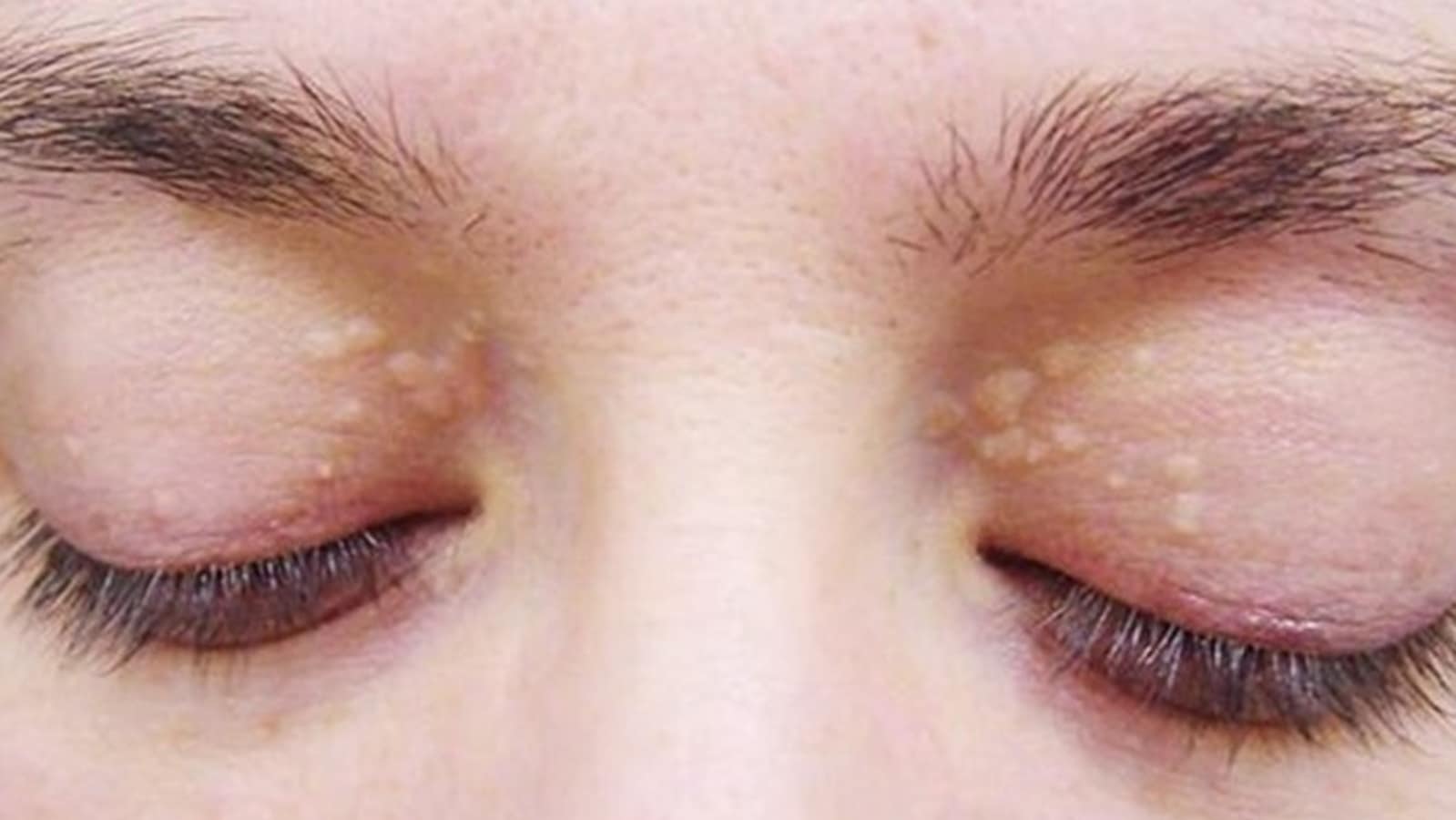
High cholesterol affects millions of people worldwide. It occurs when there is an excessive buildup of cholesterol in the blood, leading to serious health complications such as heart disease, stroke, and peripheral artery disease. While high cholesterol does not usually cause noticeable symptoms, it can be diagnosed through a simple blood test. Early detection and treatment of high cholesterol – Astoria is essential in preventing long-term health consequences.
High cholesterol evaluation and diagnosis
Here are the most common methods used for evaluating and diagnosing high cholesterol:
- Blood tests: A quick lipid panel test can determine a person’s cholesterol levels. This examination measures the blood’s triglycerides, LDL cholesterol, HDL cholesterol, and total cholesterol.
- Physical exam: A healthcare provider may perform a physical exam to assess a person’s overall health and look for any signs of heart disease.
- Medical history: The doctor will take a detailed medical history to determine if there are any risk factors for high cholesterol or heart disease, such as a family history of heart disease or high cholesterol, a history of smoking, or a history of diabetes.
- Risk assessment tools: Healthcare providers may use risk assessment tools, such as the Framingham Risk Score or the ASCVD Risk Estimator, to calculate a person’s risk of developing heart disease based on their cholesterol levels, age, gender, blood pressure, and other factors.
Here are some of the warning signs of high cholesterol:
- Chest pain: Chest pain or angina can be a warning sign of high cholesterol, especially if it is accompanied by other symptoms such as shortness of breath or sweating.
- Numbness or tingling: Numbness or tingling in the hands or feet may be a sign of peripheral artery disease, which can be caused by high cholesterol.
- Vision problems: High cholesterol can cause plaque buildup in the blood vessels that supply the eyes, leading to vision problems.
- Xanthomas: Xanthomas are yellowish, fatty deposits that can develop on the skin, especially around the eyes, elbows, or knees.
- Stroke: High cholesterol can increase the risk of stroke, which can cause sudden weakness or numbness in the face, arms, or legs, difficulty speaking, and loss of balance or coordination.
- Heart attack: High cholesterol is a major risk factor for heart attack, which can cause chest pain or discomfort, shortness of breath, and other symptoms.
Healthcare providers may recommend lifestyle changes such as a healthy diet, regular exercise, and quitting smoking if high cholesterol is diagnosed. Your doctor may also prescribe cholesterol-lowering medications to help reduce the risk of heart disease.
Causes of high cholesterol
Here are some of the most common causes of high cholesterol:
- Poor diet: A diet that is high in saturated and trans fats, as well as cholesterol-containing foods, can contribute to high cholesterol levels.
- Genetics: High cholesterol can be inherited from parents, as some people have a genetic predisposition to high cholesterol levels.
- Obesity: Being overweight or obese can increase LDL cholesterol and lower HDL cholesterol levels.
- Smoking: Smoking can damage the lining of the blood vessels and contribute to the buildup of plaque, which can increase cholesterol levels.
Working closely with your healthcare provider at New York Medical and Vascular Care to manage high cholesterol is advisable.